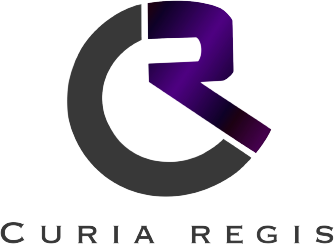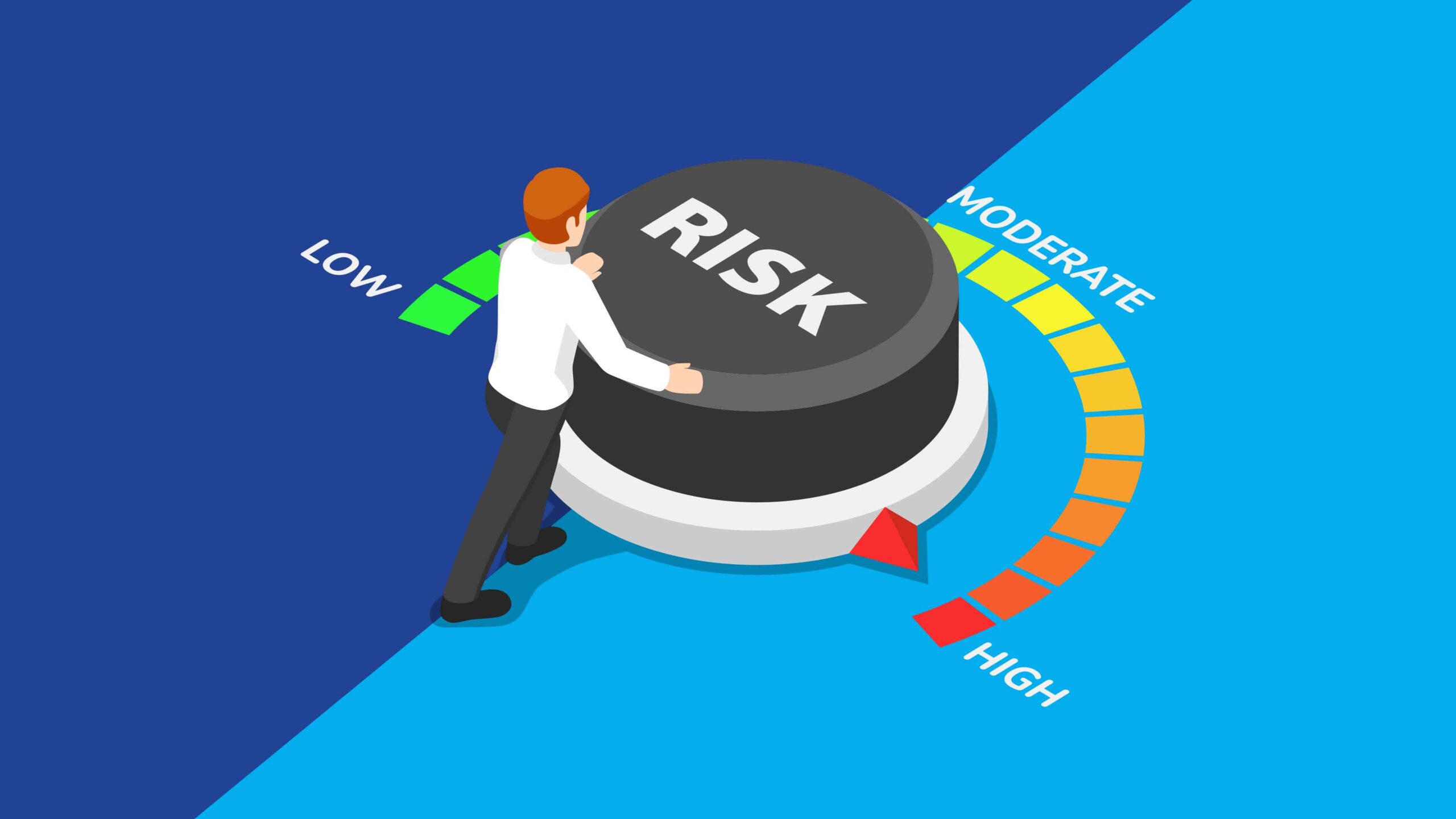Technology is an inevitable part of the financial industry as Financial Institutions (FIs) continue to adopt cutting-edge technologies for operational efficiency and for better service delivery to their clients. As such, FIs such as Banks, Fund Management Companies (FMCs) and Payment Services Firms (PSPs) are becoming more vulnerable to technology risks such as cyberattacks, system outages, and data breaches, to name a few, which sparks concern among the industry and their clients alike.
Technology Risk Management (TRM) refers to the implementation of processes, policies, and controls to manage risks associated with the use of technology. This includes protecting systems, data, and operations from cybersecurity breaches, technological failures, and third-party risks. MAS’ TRM Guidelines help FIs navigate these risks, ensuring their infrastructure remains secure and resilient.
Hence, it is vital for FIs to integrate a robust TRM framework to safeguard their own operations as well as protect clients’ interests. FIs should also consider their level of risk and complexity of the financial services being offered while implementing the guideline.
With the above mentioned, here are key focus areas that the TRM imposes on FIs:
1. Protection of Client Data and Privacy
FIs manage significant amounts of sensitive client data, including personal information that extends to their investment portfolios. Any potential data breach could result in significant financial losses, reputational damage or even client’s distrust. Implementing a sufficiently comprehensive TRM framework ensures that the FI has systems in place to accord for data encryption, secure access controls, and continuous monitoring to safeguard critical information from rising cyber threats.
2. Business Continuity and Disaster Recovery
FIs rely heavily on real-time systems for trading, transaction processing, and client communication. If these systems are disrupted, it can result in missed trading opportunities, operational delays, or even failure to meet regulatory deadlines. A robust TRM framework coupled with a Business Continuity Management (BCM) policy helps FIs build resilience with disaster recovery plans and redundant IT infrastructure to keep systems operational even during disruptions.
To elaborate, FIs with a robust TRM and BCM framework implemented are able to resume operations in a much shorter time span compared to FIs that do not have these in place should any IT failure arise. This is due to the combination of the FIs systems being prepared for alternative arrangements and employees being equipped with knowledge and scenario-based training awareness which minimises downtime even during unexpected outages or system failures, ensuring consistent service delivery.
3. Operational Efficiency and Cost Reduction
An effective TRM strategy not only mitigates risks but also helps FIs to operate more efficiently by automating compliance processes such as transactional risk monitoring, streamlining cybersecurity measures, and minimizing downtime due to system failures. This translates to reduced operational costs in the long run as FIs avoid last minute changes and arrangements that could be costly, not just in terms of putting such arrangements in place but also due to penalties arising from regulatory breaches and reputational damage thereafter.
The implementation of a well-planned TRM framework allows FIs to significantly reduce the need for manual oversight which could culminate in human errors, saving operational costs while ensuring more robust system protection and resilience.
4. Third-Party Risk Management
Some smaller to mid-sized FIs tend to outsource key functions of their business, such as cloud data-storage, IT infrastructure, compliance or accounting functions to name a few. The TRM guidelines emphasise the importance of managing these outsourcing risks, particularly where there is an IT component, as these services may be material to the FIs business, and also deal with confidential or sensitive information. This means that thorough due diligence should be conducted on vendors, ensuring that they comply with TRM standards. This may include provisions for regular audits in such vendor contracts.
As part of the TRM (and also Outsourcing) standards,it is important to assess outsourced service providers based on their competency and reputation before engaging them for key functions which may affect the FIs credibility should these vendors be rendered incapacitated and affect the FI and its clients (i.e. loss of data, hacking, disruptions etc.).
For FIs, the TRM guidelines are more than just an internal safeguard for their own operations but also to preserve confidentiality of their client’s data with service reliability. With the implementation of an appropriate TRM framework that aligns with the FIs operational needs, it builds resilience and fosters trust with stakeholders which ensures that their assets are managed with the utmost care and protected from potential technology risks. It is also recommended for FIs to encourage their service providers and conduct annual internal training programmes for their employees to increase awareness of the importance of IT security and to remain relevant with the evolving potential technological threats.
What does this mean for you?
As a Regulated Financial Institution in Singapore, understanding how to incorporate the MAS’ Technology Risk Management Framework into your operations which fits the specific needs of your business model is essential for achieving effective security and reliability.
Curia Regis has a dedicated team in Singapore to provide invaluable regulatory and compliance support to Financial Institutions striving to accord for the relevant technology risks that apply to their business models. With extensive experience in this field, we are prepared to help you ensure that your compliance frameworks align with MAS standards and are tailored to be solution-oriented, reflecting the size and type of your business.
Contact us at admin@thecuriaregis.com to know more and follow our LinkedIn page https://uk.linkedin.com/company/curiaregis for updates in the regulatory space.



